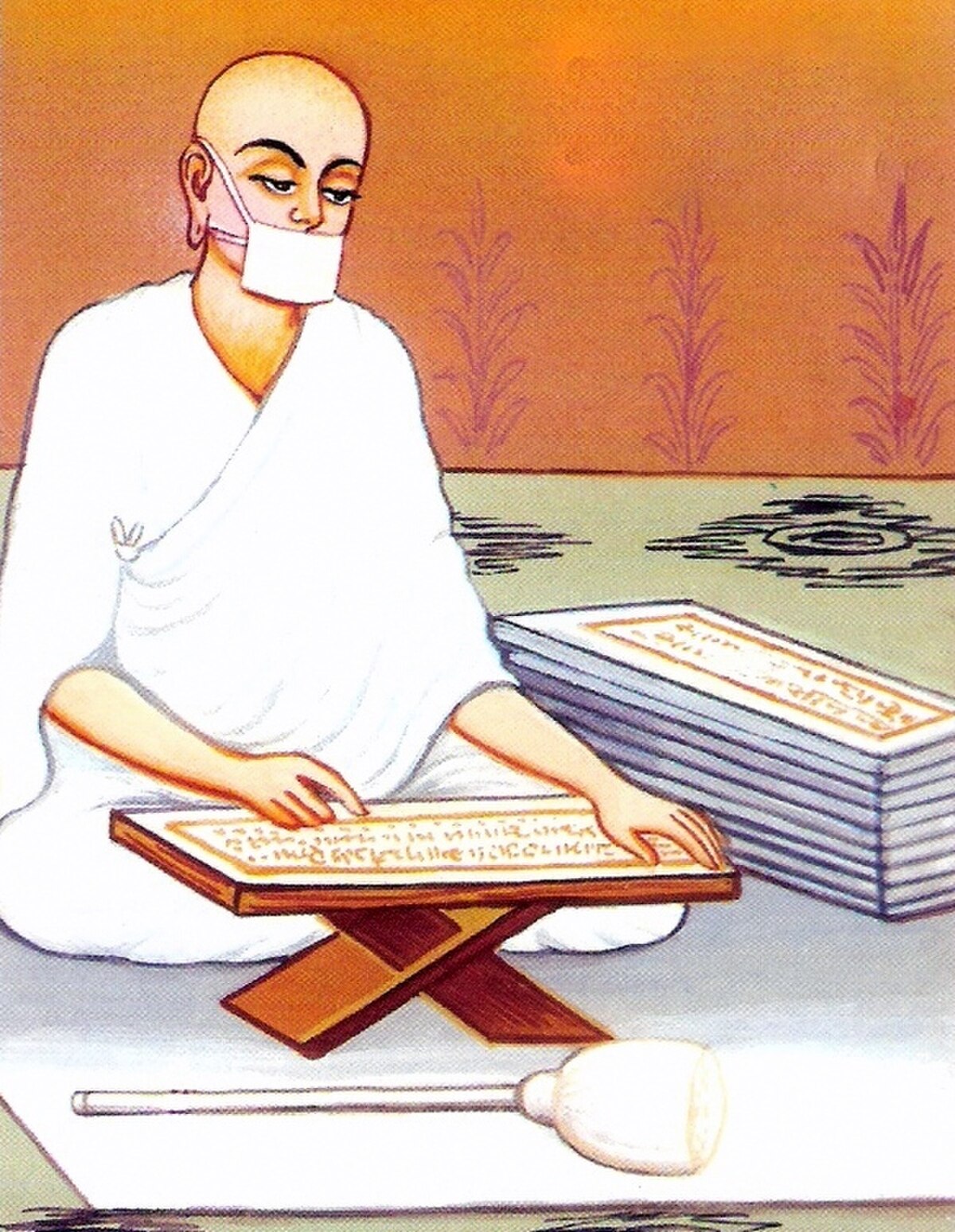
Śramaṇa Religions
IndiaŚramaṇa (Sanskrit; Pali: samaṇa) means "one who labours, toils, or exerts themselves (for some higher or religious purpose)" or "seeker, one who performs acts of austerity, ascetic". During its development, the term came to refer to several non-Brahmanical ascetic religions parallel to but separate from the Vedic religion. The Śramaṇa tradition includes primarily Jainism, Buddhism, and others such as the Ājīvika.
The śramaṇa religions became popular in the same circles of mendicants from greater Magadha that led to the development of spiritual practices, as well as the popular concepts in all major Indian religions such as saṃsāra (the cycle of birth and death) and moksha (liberation from that cycle).
The Śramaṇic traditions have a diverse range of beliefs, ranging from accepting or denying the concept of soul, fatalism to free will, idealization of extreme asceticism to that of family life, renunciation, strict ahimsa (non-violence) and vegetarianism to permissibility of violence and meat-eating.
Ask Herodotus
HistoryMaps Shop

Heroes of the American Revolution Painting
Explore the rich history of the American Revolution through this captivating painting of the Continental Army. Perfect for history enthusiasts and art collectors, this piece brings to life the bravery and struggles of early American soldiers.








